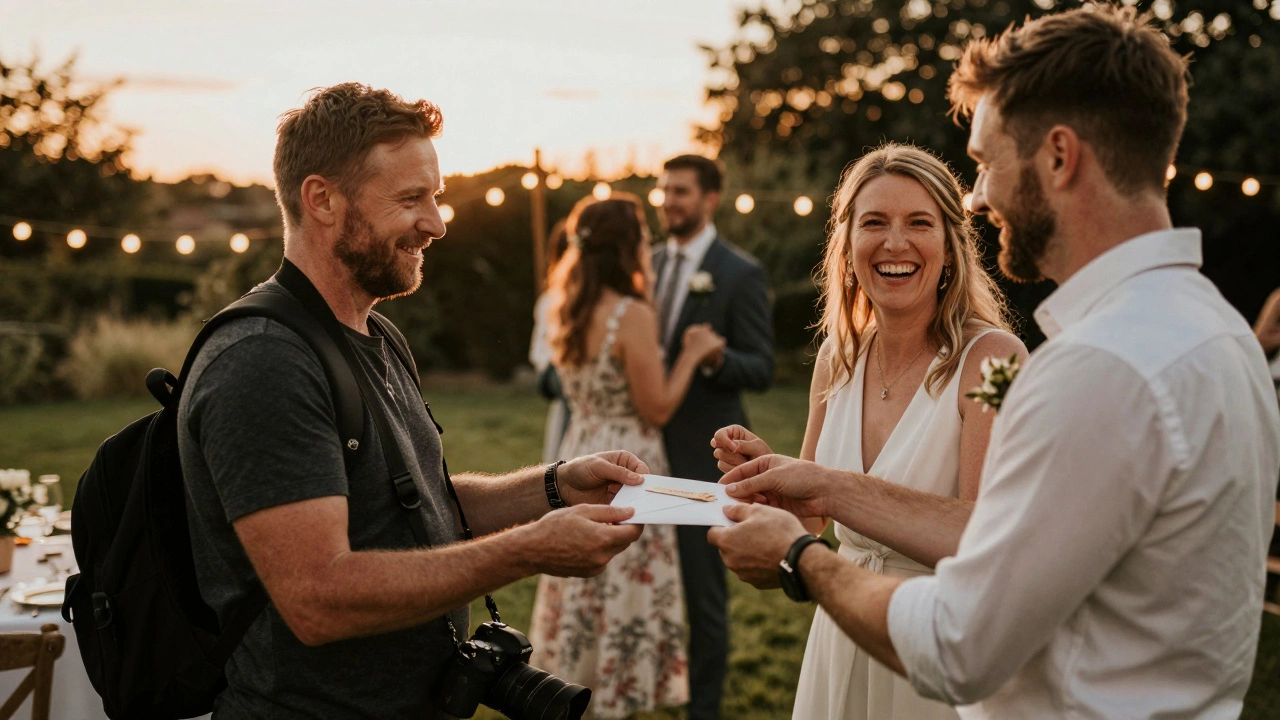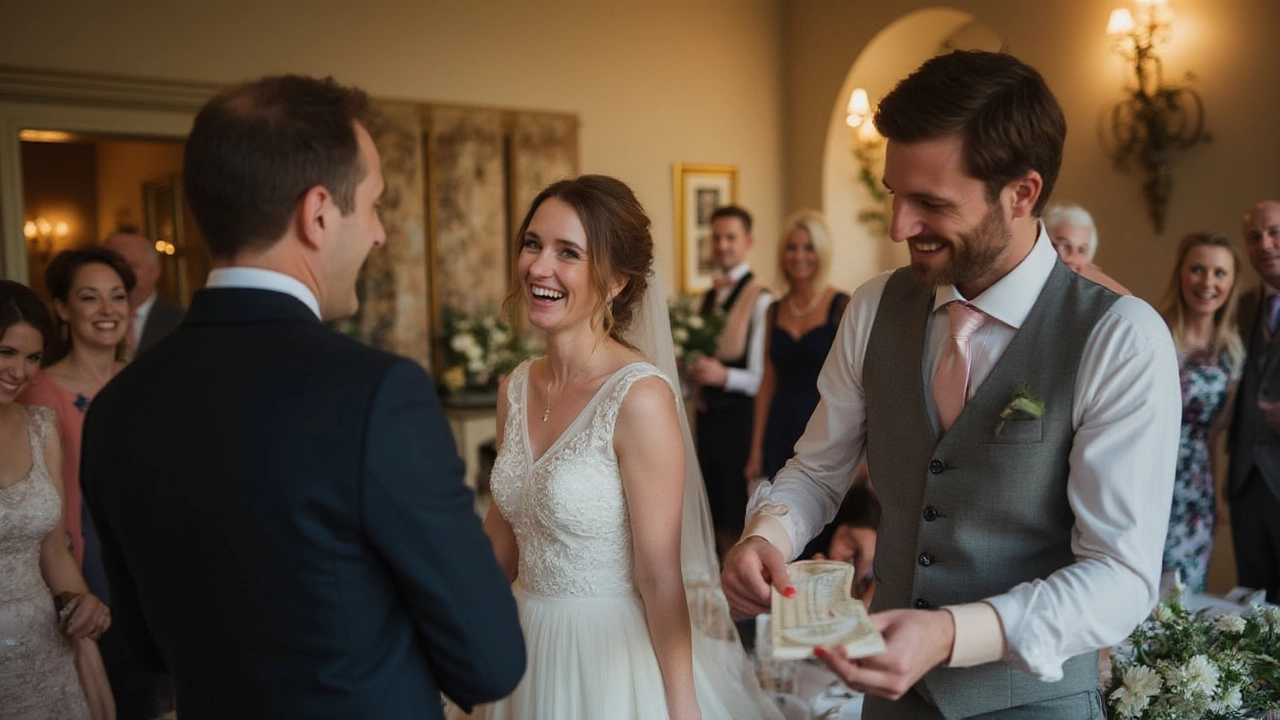Wedding Photographer Tips: How to Get Great Photos on Your Big Day
First things first – a good photographer is an investment in memories, not an extra cost. When you pick someone who gets your style, the whole planning process becomes smoother and the pictures turn out natural.
Choosing the Right Photographer
Start by scrolling through online portfolios and looking for consistency. Do the images feel genuine, not overly edited? Ask the photographer about their experience with the size of your wedding and the venues you’ll use. A local pro will know the lighting quirks of a Cotswold barn or a city hall.
Next, set up a face‑to‑face chat or video call. This is where you find out if you click. A photographer who listens to your ideas and offers suggestions shows they’ll work with you, not just behind the camera.
Don’t forget the contract. Look for clear details on hours, deliverables, and backup equipment. A small deposit to lock the date is normal, but make sure you know when the final payment is due.
Day‑of Photography Essentials
Plan a realistic timeline. Give the photographer at least 10‑12 hours if you want full coverage – ceremony, portraits, and reception moments. Share the schedule early so they can be ready for key shots like the first look or the cake cut.
Create a short shot list with your must‑have moments. It doesn’t have to be exhaustive; a few “musts” (parents, bridal party, details) keep everyone on the same page without turning the day into a photo‑shoot marathon.
Lighting is the photographer’s biggest friend. If your ceremony is inside, ask about extra lights or a lens that handles low light. For outdoor shoots, aim for the "golden hour" – the hour after sunrise or before sunset – for soft, flattering light.
Be present. The best photos happen when you’re relaxed and having fun. Trust the photographer’s direction and let genuine emotions lead the way. A quick pause for a laugh or a sincere hug makes a photo feel alive.
Plan for the unexpected. Bad weather? Have a backup indoor location, and make sure the photographer can move quickly between spaces. A portable rain cover for the camera and spare batteries are a must.
Finally, after the wedding, ask about editing style. Some photographers deliver raw files, others give fully retouched images. Knowing this ahead of time helps you set realistic expectations on delivery time.
Following these simple tips will keep the photography part of your wedding stress‑free and ensure the photos match the joy of the day. Your future self will thank you when you flip through the album years from now.
Do You Tip a Wedding Photographer? What to Know Before You Pay
Should you tip your wedding photographer? While it's not required, many couples in Australia choose to tip as a gesture of appreciation for exceptional service. Learn how much to give, when not to, and what alternatives work just as well.
Read moreIs $50 a Good Tip for Your Wedding Photographer? Real Talk on Tipping Etiquette
Wondering if $50 is a good tip for your wedding photographer? We break down real numbers, Aussie etiquette, and pro insights so you can show your gratitude right.
Read more
